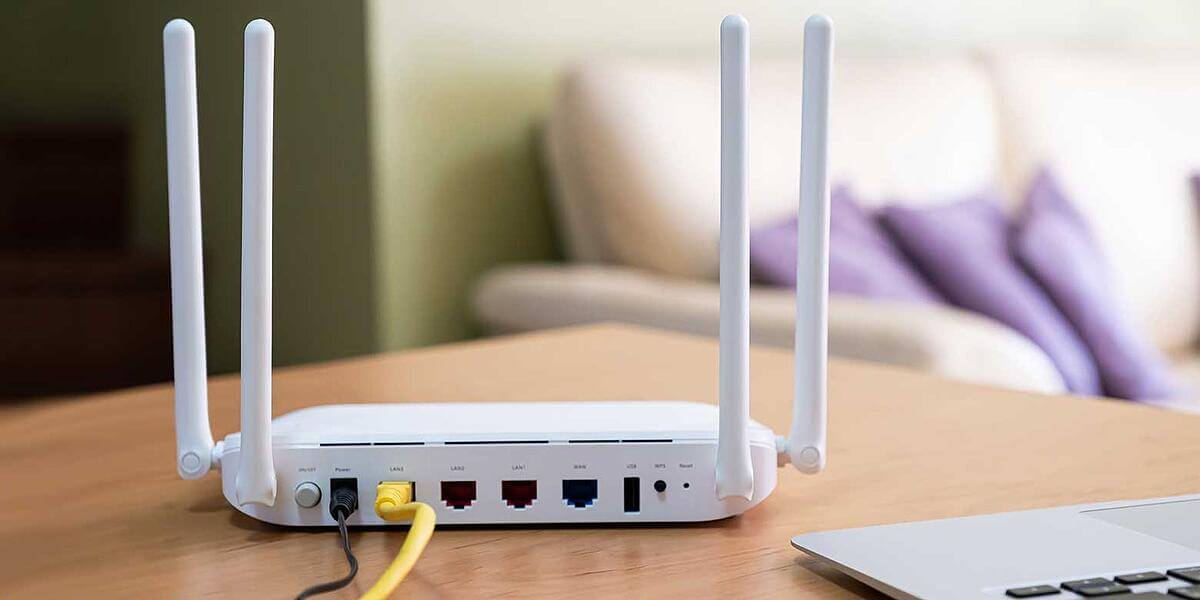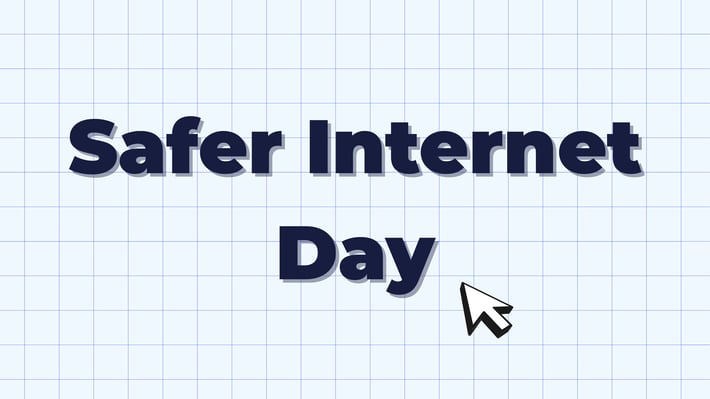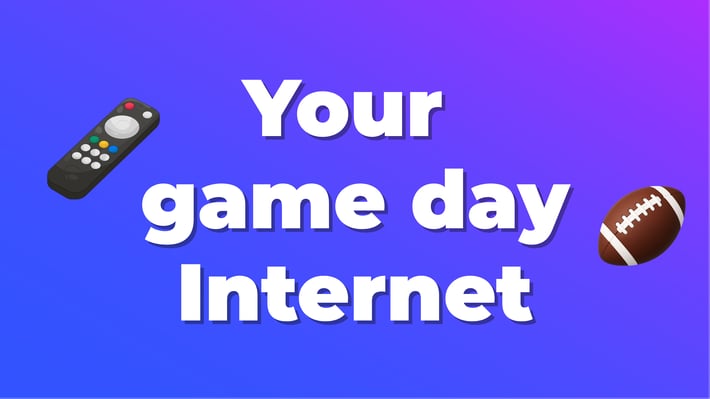
Why fiber internet? It meets our current and future needs
Fiber internet has the bandwidth, speed and reliability we need now and will require in the future. Copper can no longer keep up with our digital demands.
Here’s a little tidbit for anybody wondering “Why fiber internet?” Did you know that the underpinning of the internet is fiber-optic cable? The undersea cables that connect the continents are made of fiber. So is the main backbone of the internet in America. Without fiber, the internet would be more like the inter-not.
All that fiber allows data to travel at incredible speeds around the world. One fiber-optic line can have as many as hundreds of tiny strands of glass cable all transmitting data as pulses of light traveling at nearly the speed of—you guessed it—light. And when you have a fiber-to-the-home (FTTH) aka fiber-to-the-premises (FTTP) internet connection like Ting’s that utilizes fiber all the way to your modem, you can really take advantage of that speed. So why isn't FTTH more widespread?
Copper cable was convenient (but is now nearly obsolete)
One of the main reasons more Americans don’t have fiber internet is that many internet service providers (ISPs) still rely on outdated copper wiring for their connection. Since copper wiring was already in place due to having been the infrastructure for telephones and, later, for cable TV, it’s something most homes already have access to. ISPs can spend less in startup costs by using this existing infrastructure rather than installing a fiber-to-the-home connection.
The thing is, copper wiring was not designed with the internet in mind (which would have been quite a feat since the technology is 200 years old). It has limited bandwidth, it's slow compared to fiber, and it suffers from both environmental interference and signal degradation over distances. Considering our current and future digital needs, copper just isn’t up to the task.
Our growing digital needs
The way we communicate has changed rapidly in the last 20 years. Most of us use the internet for all our major communication, be it over video chat, instant messaging, email or via social networks. Many of us work online, and the idea of being in an office or working from home without an internet connection is unimaginable. Whether it’s for research or remote learning, education also relies heavily on the internet. Productivity tools and apps are increasingly moving to the cloud, and online gaming is massively popular. All this online activity requires a manner of transmission that won’t be bogged down by the increased volume and is extremely reliable. Without a doubt, fiber is the one that fits the bill.
Fiber versus copper
Then, of course, there’s the question of “Why fiber internet instead of copper?”
Copper transmits information in the form of electrical signals. Fiber, as we mentioned, uses optically pure glass strands to transmit data as light signals. These optical fibers allow transmission over longer distances and at exponentially higher data rates than traditional wire cables. Fiber also has far higher bandwidth than copper. Bandwidth is the capacity to transmit information, as opposed to the measured speed, at any one time. So this higher bandwidth means that, unlike copper, your fiber internet won’t be slowed down when there are more people online in your neighborhood or home.
Fiber is also more reliable. It isn’t susceptible to electrical interference or disruption by bad weather like copper. Any concerns that may have existed about the longevity of fiber have been alleviated—already-laid fiber-optic cable has proven to be long-lasting, and improvements in the manufacturing and installation process will make it even more so.
So what does all this mean in the real world? In short, with fiber (specifically FTTH), you’ll experience high-resolution TV with no buffering, crystal-clear voice and video calls, gaming with no lag and low ping, and rarely ever have to worry about slowdowns or outages.
Why fiber internet is the future
With the rapid pace at which technology now advances, the term “future proof” is generally considered a misnomer except in one case—fiber internet. With bandwidth and speed potential far beyond anything we’ve seen up until this point, fiber will be able to meet our needs for a very long time. With this in mind, telecommunications companies, cities and towns are building out fiber networks, making better internet accessible to more people.
We’ve long believed that every American needs and deserves great internet. As early adopters of fiber, many Ting Internet towns are already hubs for innovation. Towns like Charlottesville, VA, and Centennial, CO, lobbied their municipal representatives and had important conversations about why fiber was necessary to modernize their home internet experiences and make businesses more competitive. Today, more than 15 cities and towns across America enjoy the advantages of Ting Internet.
Why Ting Internet?
Ting Internet is true symmetrical gigabit internet offering 1,000 Mbps upload and download speeds. Although you’ll rarely need it, we’ve always offered all-human customer support (no robots or phone trees!). And Ting is always committed to contributing to the communities that welcome us—from sponsoring worthy causes to helping make internet affordable to more homes. See if Ting Internet is available in your neighborhood!
.png?length=710&name=Blog%20banners%20(27).png)

